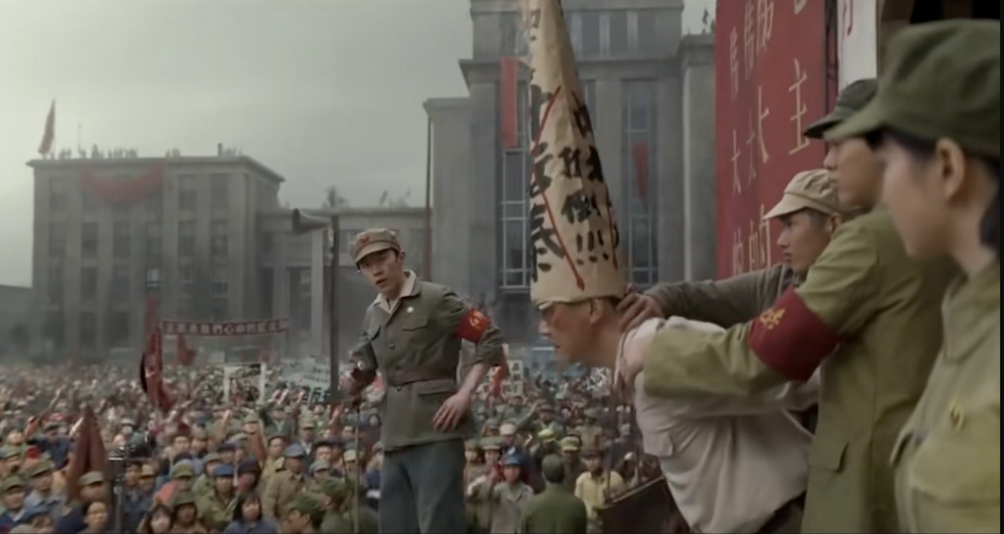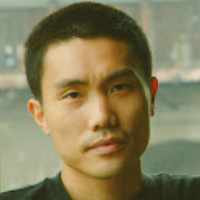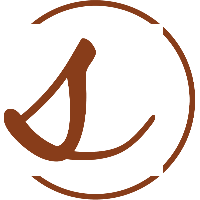
The Cultural Revolution can be considered the pinnacle of political absurdity in human history. However, just how absurd, cruel, and barbaric it was has been buried by deliberate concealment and unconscious forgetfulness over time. Historical truth, if we are willing to seek it, is always lying in some corner, waiting for us to awaken it.
Today, I will tell five stories.
Lin Biao's wife
The first story is about Lin Biao's wife, Ye Qun. Ye Qun followed Lin Biao, enjoying the privileges that came with being his wife. At her peak, she held the position of a member of the Politburo. However, she had poor interpersonal relationships, having clashed with many top officials' wives since the Yan'an period, including the wife of Lu Dingyi, the Minister of the Central Propaganda Department and Vice Premier of the State Council. Their relationship was very bad.
After the founding of the People's Republic of China, in the intense political struggle, Ye Qun was attacked by Lu Dingyi's wife, Yan Weiping, who, starting in 1960, quietly spread rumors that Ye Qun was the daughter of a Kuomintang general and had issues with her lifestyle, implying she was no longer a virgin. This situation escalated during the Cultural Revolution, angering Lin Biao, who believed Yan Weiping was acting under her husband's instruction.
Thus, in May 1966, at a Chinese Communist Party political meeting, Lin Biao personally confronted Lu Dingyi. Lu Dingyi, unaware of the matter, was extremely flustered. Lin Biao, infuriated, personally wrote a statement proving his wife was a virgin before marriage and that their children were legitimate. He distributed this statement widely at the Politburo meeting, demanding a resolution to prove their innocence.
This astonishing incident shocked the attendees. Ye Jianying immediately requested the staff to retract the statement. Although Lin Biao did not succeed, it indeed added to the already doomed Lu Dingyi's troubles. During the Cultural Revolution, both Lu Dingyi and his wife were imprisoned for 13 years. The three sisters of Yan Weiping, implicated in the rumors, were also detained for 6 to 9 years. Their eldest son was imprisoned for six years, and their seventy-year-old mother was detained until her death. This situation was extremely tragic.
Huang Lizhong
The second story is about Huang Lizhong, a remarkable figure from Peking University. Huang Lizhong, from Wuwei County, Anhui Province, was admitted to Peking University's philosophy department in 1956. He entered Peking University during the Great Leap Forward and the rise of People's Communes, a time of national frenzy. He was puzzled by this madness and often voiced his objections. In 1958, he was expelled from the Communist Youth League.
Huang Lizhong was indignant, believing he was speaking the truth. Thus, he returned to his hometown to investigate, hoping to use facts to speak. Wuwei County indeed suffered greatly during the Great Leap Forward, with the population dropping from 980,000 to 660,000 between 1957 and 1960, losing a third of its people. The confirmed death toll from starvation was 82,278 in 1959 and 126,524 in 1960, with cases of cannibalism.
This dire situation deeply shocked Huang Lizhong, reinforcing his belief in his correctness. Upon returning to Peking University, he sharply criticized the "Three Red Banners" based on his investigation. Peking University considered him to hold reactionary views with deep-seated class hatred and deemed him untrainable. In June 1960, Huang Lizhong was expelled and his expulsion was noted on his household registration, making his life difficult. In anger, he tore up his household registration, becoming stateless and forced to return to farming.
Despite this, as an educated intellectual, Huang Lizhong was trusted by his fellow villagers. He wrote materials and organized them to petition the government, but never succeeded. In desperation, he decided to take a risk, writing "The Program of the Chinese Labor Party" and "A Letter to the People," intending to organize an uprising.
In "A Letter to the People," he wrote, "The people are the kings of the land; all rightful theories and policies are the people's tools. When they lose their utility, the people should kick them away." His proposed policies included "abolishing autocracy, implementing universal suffrage, judicial independence, fighting corruption, emphasizing human rights, and nationalizing the military." These terms sound ordinary today but were groundbreaking and visionary at that time.
Within three months, Huang Lizhong attracted over 130 people, including workers, peasants, intellectuals, Communist Party members, and even incumbent state officials and national labor models. They planned to launch an armed uprising during the 1961 Spring Festival but were betrayed and captured by the garrison, implicating hundreds. As the leader, Huang Lizhong was arrested, refusing to confess, often eloquently arguing during interrogations, far outmatching his interrogators. For his stubbornness, he was executed during the "One Strike Three Anti" campaign in 1970. In prison, he wrote a poem: "Starving millions, no grain at home; the heavens weep, madness reigns." Such a young talent was thus wrongly executed, a cause for great regret.
The third story is about Peter Bevi, who scammed for 20 years. During the Cultural Revolution, communists worldwide were inspired by the Chinese Revolution and visited China to meet revolutionary leaders. This situation inspired the CIA's "Red Fang" plan. They chose math teacher Peter Bevi through Dutch intelligence, who, under the alias Peterson, founded the Dutch Marxist-Leninist Party, becoming its Secretary-General. This organization consisted of only a few actors but deceived the Chinese embassy in the Netherlands, becoming old friends of the Chinese people. Each visit to China allowed Peterson to meet the top leaders.
The CIA hoped to gather intelligence, but Peterson focused on feasting and sightseeing. The CIA was dissatisfied, but evading the Chinese intelligence was challenging. Peterson's luck held for 20 years without being exposed. Eventually, he was revealed in the Netherlands for other reasons, marking the end of an extraordinary tale of an absurd era.
The fourth story is about the artistic anomalies during the Cultural Revolution. The onset of the Cultural Revolution killed the thriving arts, resulting in the so-called "Eight Model Plays." The audience's critical standards became extremely harsh, and many actors' careers were destroyed in this harsh environment. Many artists in the literary and artistic circles surrendered, some were persecuted to death, and others reported on their peers. This mutual destruction led to extreme artistic barrenness. The public found this life unbearable.
Despite this, some artists managed to create classic works through their talent.
The fifth story is about a Red Guard. In the early Cultural Revolution, the Red Guards rampaged, sweeping away all perceived enemies. Many Red Guards came from revolutionary families, received good education, and believed in the revolution. One such Red Guard was Gao Xiaosong, a well-known singer from a revolutionary family. His grandfather, Gao Chongmin, was a prominent anti-Japanese general who later became the Vice Minister of Public Security. Gao Xiaosong was a smart child, excelling in his studies and becoming a typical good student.
At the start of the Cultural Revolution, Gao Xiaosong became a Red Guard, actively participating in various movements and leading the charge. He had his own understanding of the Cultural Revolution, seeing it as a thorough revolution to overthrow the old world. He led his Red Guard squad to destroy the "Four Olds" and carried out acts of violence. Gao Xiaosong even wrote a book, "The Revolutionary," documenting his actions during the Cultural Revolution. This book later became a classic among Red Guards, influencing a generation.
After the Cultural Revolution ended, Gao Xiaosong began reflecting on his actions, gradually realizing his mistakes. He started writing articles reflecting on the Cultural Revolution, exposing its crimes. He founded a cultural company dedicated to promoting reflection and research on the Cultural Revolution. Through his efforts, he hoped more people would understand the errors of the Cultural Revolution, preventing history's tragedies from repeating.
These stories are just part of the oddities recorded during the Cultural Revolution. More stories await discovery and documentation. Though history has passed, its influence continues. We should learn from history, cherish today's peace and tranquility, and avoid repeating past mistakes.

